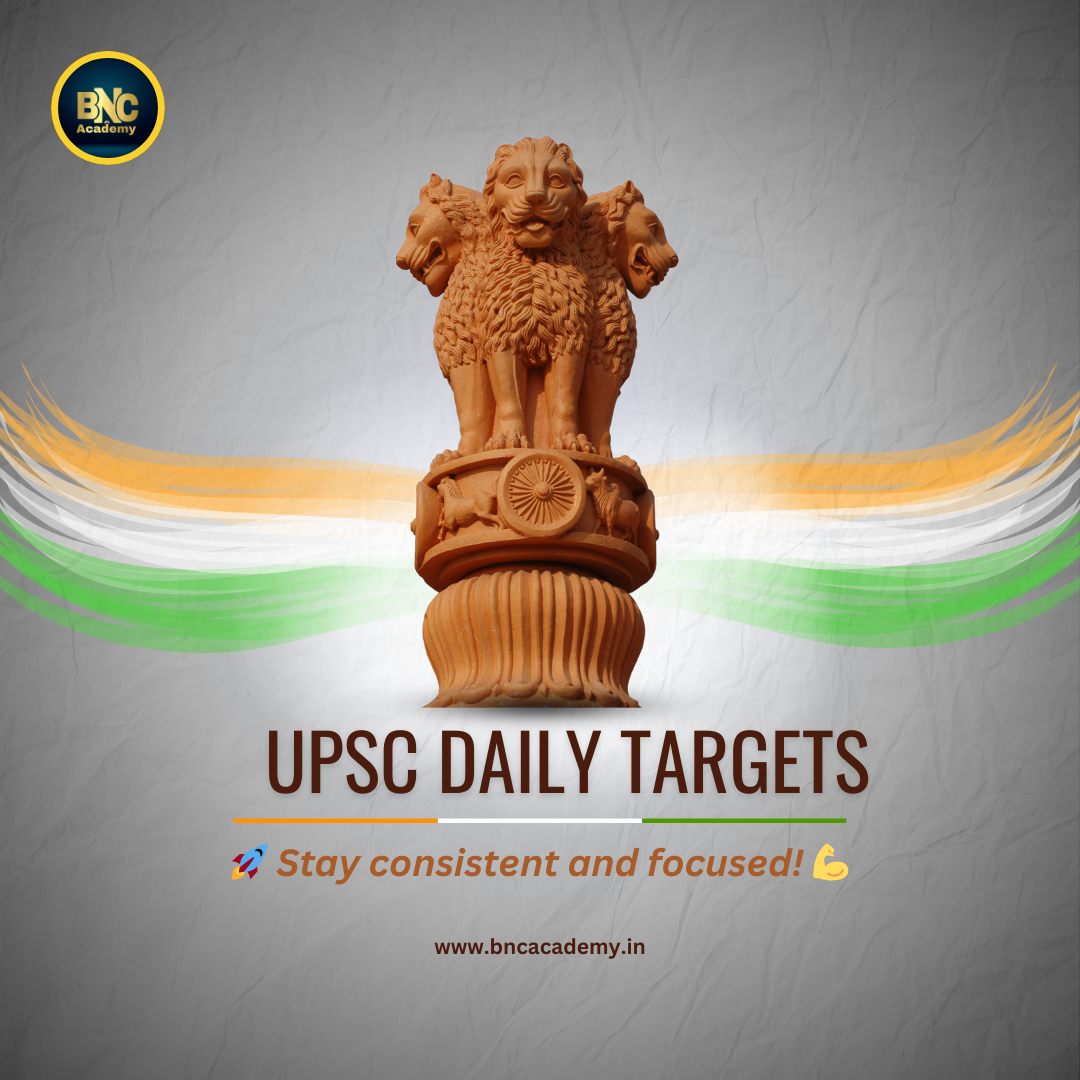
Today, your focus is on two critical topics in Modern Indian History:
- The Revolt of 1857 – India’s first war of independence
- 19th Century Social-Reform Movements – How reformers fought against social evils
Both topics are extremely important for UPSC Prelims. Questions are frequently asked on the causes, leaders, and consequences of the 1857 Revolt, as well as the impact of reform movements led by Raja Ram Mohan Roy, Swami Dayananda Saraswati, and others.
🔹 Key Topics to Cover on Day 7
1️⃣ The Revolt of 1857 – First War of Independence
🔹 Causes of the Revolt
- Political: British expansion policies (Doctrine of Lapse, Subsidiary Alliance) created resentment.
- Economic: Heavy taxation, destruction of Indian handicrafts, and the Drain of Wealth.
- Military: Discontent in the army, especially greased cartridge issue (Enfield Rifle).
- Social-Religious: Interference in religious customs (e.g., the Abolition of Sati, Widow Remarriage Act) created suspicion.
🔹 Major Centers and Leaders
| Region | Leader |
|---|---|
| Delhi | Bahadur Shah II |
| Kanpur | Nana Saheb, Tantia Tope |
| Jhansi | Rani Lakshmi Bai |
| Lucknow | Begum Hazrat Mahal |
| Bihar | Kunwar Singh |
🔹 Why Did the Revolt Fail?
- Lack of unity among Indian rulers
- Weak leadership (compared to British military strategy)
- Limited resources and arms
- No proper coordination among different rebel groups
🔹 Impact & Consequences
- End of Mughal Rule – Bahadur Shah II was sent to Burma
- End of East India Company Rule – India came under British Crown (Government of India Act, 1858)
- Creation of Indian Nationalism – The revolt ignited the national movement
📖 Sources to Refer:
- NCERT Class 12 – Themes in Indian History (Part III)
- Spectrum – Revolt of 1857
- Bipin Chandra – India’s Struggle for Independence (Optional for deeper insights)
🔗 Online Resources:
2️⃣ 19th Century Social-Reform Movements
🔹 Why Were Reforms Needed?
- Social evils like Sati, child marriage, caste discrimination, untouchability, and illiteracy were widely prevalent.
- British rule and Western education exposed Indians to liberal ideas of equality and justice.
- Reformers sought to modernize society while preserving Indian culture.
🔹 Major Reformers and Movements
| Reformer | Movement/Organization | Key Contributions |
|---|---|---|
| Raja Ram Mohan Roy | Brahmo Samaj (1828) | Abolition of Sati, promotion of women’s education |
| Ishwar Chandra Vidyasagar | Social Reform | Widow remarriage, girls’ education |
| Jyotiba Phule | Satyashodhak Samaj (1873) | Education for women & lower castes |
| Swami Dayananda Saraswati | Arya Samaj (1875) | Vedic revivalism, against idol worship |
| Swami Vivekananda | Ramakrishna Mission (1897) | Spiritual nationalism, Vedanta philosophy |
| Dr. B.R. Ambedkar | Dalit Movement | Fought against untouchability and led the drafting of the Constitution |
📖 Sources to Refer:
- NCERT Class 12 – Themes in Indian History Part III
- Spectrum – Social Reforms in India
- Bipin Chandra – India’s Struggle for Independence
🔗 Online Resources:
📝 How to Complete Your Day 7 Successfully
🕒 Time-Table (6 Hours)
⏳ Hour 1-2: Read NCERT & Spectrum on the 1857 Revolt—causes, leaders, and failure.
⏳ Hour 3: Read about social reform movements and their impact.
⏳ Hour 4: Summarize key points & make short notes (highlight key leaders and movements).
⏳ Hour 5: Solve 50+ MCQs from UPSC question banks.
⏳ Hour 6: Revise your notes & read current affairs (The Hindu/Indian Express).
✅ Target:
- Complete 2 chapters (1857 Revolt + Social Reforms).
- Make 5–6 pages of short notes.
- Solve 50+ MCQs (Vision IAS/Insights IAS test series).
📌 How to Cover Backlogs (If Any)?
If you have any pending topics from Day 1-6, try this approach:
✔️ Utilize early morning (30 minutes) to read pending topics.
✔️ Use Sunday as a revision & backlog recovery day.
✔️ Watch short YouTube videos to grasp concepts quickly.
💪 Motivational Boost – Keep Going Strong!
Remember:
🌟 “Great things are not done by impulse, but by a series of small things brought together.” – Vincent Van Gogh
Every day you complete your study plan, you move one step closer to your dream. The UPSC exam is tough, but so are you! Keep pushing, stay focused, and believe in your ability to succeed. The nation needs strong leaders like you! 🚀🔥
